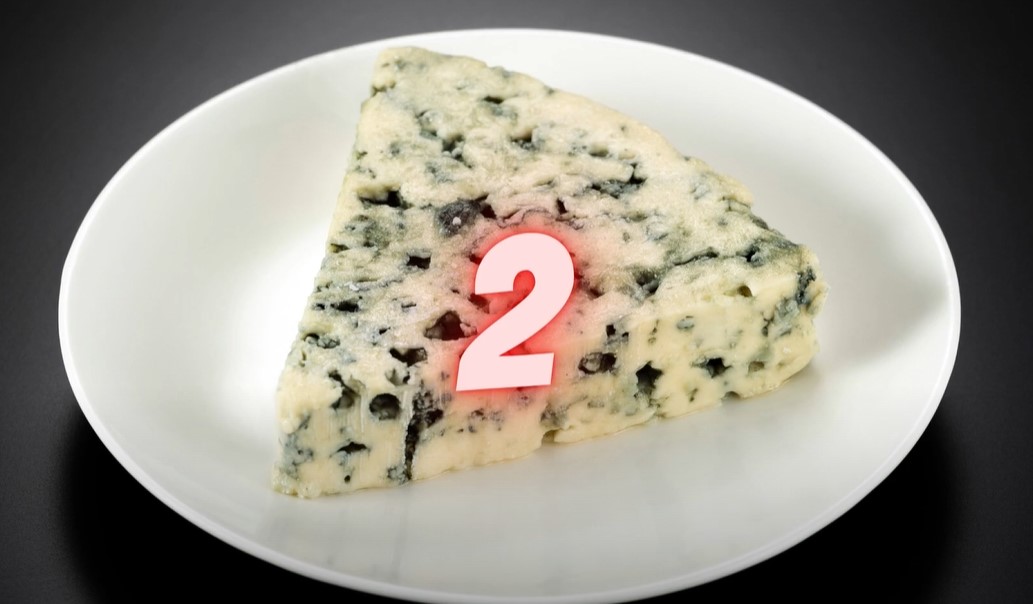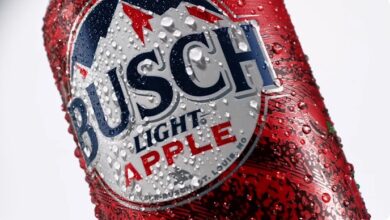Blue Cheese Nutrition Facts
Blue Cheese nutrition facts is another ordinary topic and a flavorful journey into the heart of one of the world's most distinctive cheeses. Get ready to embark on a quest that will decode the nutritional secrets hidden in its blue-veined creaminess, forever changing the way you savor this culinary delight.
Blue Cheese Dressing nutrition facts, unlock the doors to a world of intense flavor, rich texture, and unique nutrition that defines this one-of-a-kind cheese. While the tangy profile of blue cheese might be a love-it-or-hate-it proposition, its nutritional value can’t be ignored. Let’s delve into the intriguing details and explore the nutritional makeup of this uniquely marbled delicacy.
Understanding Blue Cheese and Its Nutritional Makeup
The Blue Cheese Crumbles nutrition facts give an overview of the components of this distinctive cheese. Blue cheese is often characterized by its high-fat content, with a notable amount of protein. It’s worth mentioning that blue cheese is also a good source of calcium and vitamin A, necessary for maintaining bone health and vision, respectively.
Blue Cheese calories per 100g average at about 353 kcal, which may vary depending on the specific brand or variety. This calorie content is due to its high-fat content, which contributes to the rich, creamy texture that blue cheese is known for. In addition to fats, blue cheese contains a moderate amount of protein and a small number of carbs.

Unveiling Blue Cheese Dressing and Dip Nutrition Facts
The tangy allure of blue cheese doesn’t end at the cheese itself. These delectable derivatives have intriguing nutritional profiles when we explore the Blue Cheese dip nutrition facts and Blue Cheese salad dressing nutrition facts.
Blue cheese dressing is typically high in fat and calories, with two tablespoons of Blue Cheese calories averaging around 150. The high-calorie content is primarily due to adding ingredients like mayonnaise, sour cream, or buttermilk. This also makes blue cheese dressing high in fat, particularly saturated fat.
Addressing Health Aspects and Potential Benefits of Blue Cheese
When discussing blue cheese, it’s essential to remember that, despite its high fat and calorie content, it still holds a spot in a balanced diet. The vitamins and minerals in blue cheese contribute to various health benefits, including improved bone health and potentially aiding digestion due to the presence of beneficial bacteria.
Additionally, blue cheese is noted for its potential anti-inflammatory effects, although further research is needed in this area. Therefore, while it might not be classified as a ‘low calorie’ or ‘fat-free’ food, blue cheese can be part of a nutritious diet when consumed in moderation.
Blue Cheese Nutrition Facts Table
| Serving Size | Calories | Fat | Protein | Carbs |
|---|---|---|---|---|
| 1 oz (28g) | 100 | 8.1g | 6.1g | 0.7g |
F.A.Q.’s
What is blue cheese rich in?
Blue cheese is particularly rich in calcium and vitamin A, but it also offers a good dose of protein. It's a good source of essential amino acids and beneficial fatty acids. Additionally, it contains some trace minerals, such as zinc and phosphorus, which are necessary for overall health.
Is blue cheese high in calories?
Compared to other cheeses, blue cheese is relatively high in calories. However, like any food, it can be enjoyed in moderation as part of a balanced diet. It's also worth noting that despite its calorie content, blue cheese packs in many flavors, meaning a little can go a long way.
Why do I crave blue cheese?
Cravings for blue cheese could be due to various factors. Its strong, savory flavor is unique and could be something your taste buds seek. Additionally, cheese contains an amino acid called tyrosine, linked to improved mood and potentially contributes to cravings.
In conclusion, blue cheese is valuable to a varied and balanced diet with its distinct flavor profile and nutritional composition. Its high content of certain vitamins and minerals and its unique flavor make it an interesting food choice for cheese lovers.
Remember, while the nutritional content of food is essential, it’s also vital to consider portion sizes and overall diet balance. Like any other food, the key is to enjoy blue cheese in moderation. With an understanding of blue cheese nutrition facts, you can relish each bite, appreciating its unique taste and contribution to your dietary intake.
Read also;






